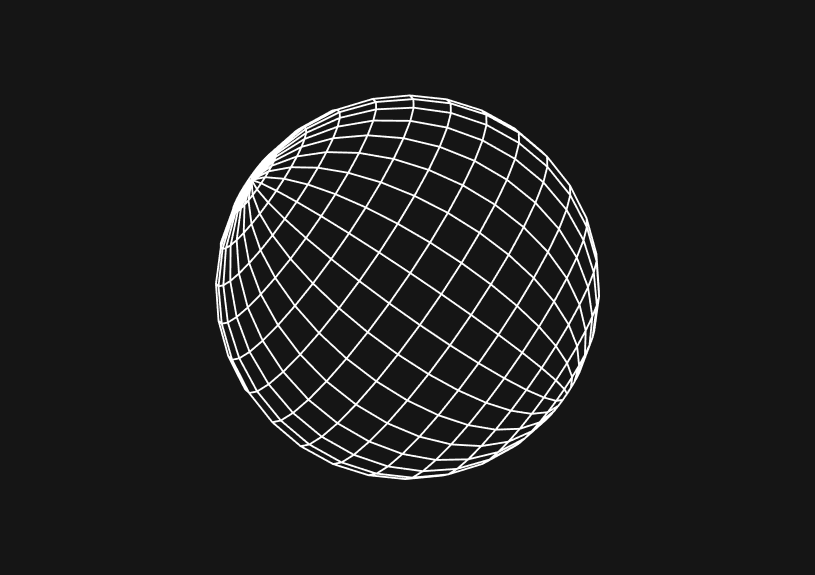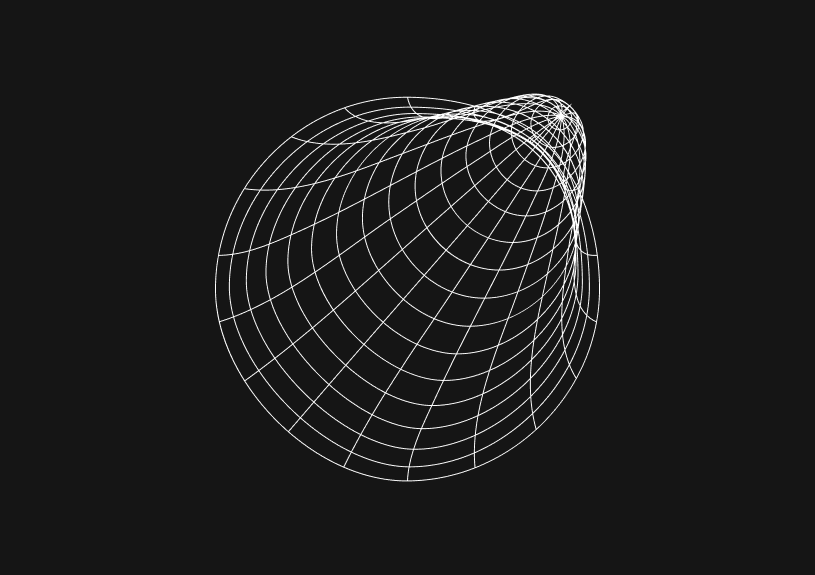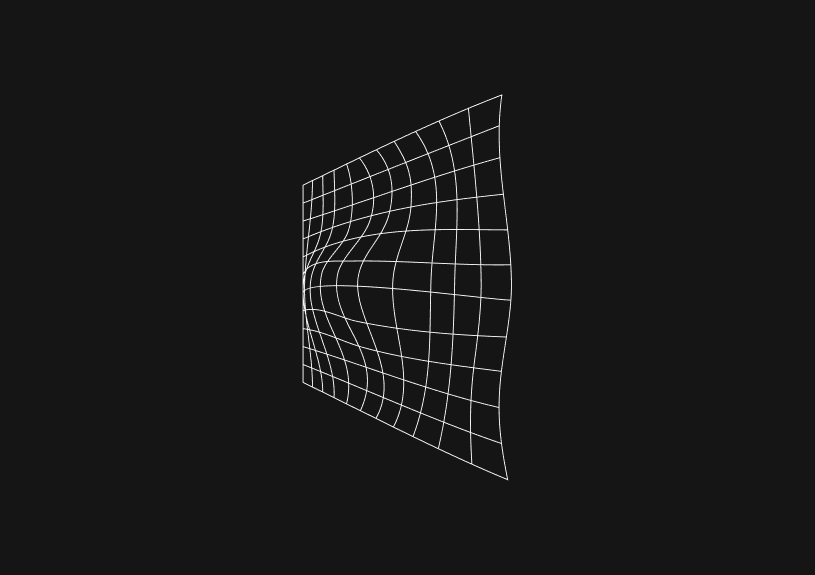
React Query: Overview of useInfiniteQuery
January 29, 2024
React Query's useInfiniteQuery hook is a powerful tool for efficiently loading and displaying large sets of data, page by page, in a React application. Unlike traditional pagination, infinite query seamlessly fetches data as the user scrolls, enhancing user experience and performance.
Understanding useInfiniteQuery
What is useInfiniteQuery in React Query?
useInfiniteQuery is a hook provided by React Query that allows you to fetch data in paginated form. It's ideal for scenarios like infinite scrolling, where data loads as the user reaches the bottom of a list or a page.
What are the key features of useInfiniteQuery?
- Automatic pagination: Manages the pagination logic, reducing the need to manually handle page numbers.
- Background data fetching: Updates data in the background, ensuring a fresh user interface.
- Cache and state management: Efficiently caches data and manages the loading, error, and success states.
How to set up useInfiniteQuery
Import the hook
First, import useInfiniteQuery from React Query.
import { useInfiniteQuery } from 'react-query';
Define the fetching function
Define a fetching function that takes a page parameter and returns a promise. This function is where you call your API or data source.
const fetchProjects = ({ pageParam = 1 }) => { return fetch(`/api/projects?page=${pageParam}`).then(res => res.json()); };
Use the hook
Implement useInfiniteQuery in your component. Pass the key and the fetching function, along with options like getNextPageParam to handle the pagination logic.
const { data, fetchNextPage, hasNextPage } = useInfiniteQuery( 'projects', fetchProjects, { getNextPageParam: (lastPage, pages) => lastPage.nextPage } );
You could ship faster.
Imagine the time you'd save if you never had to build another internal tool, write a SQL report, or manage another admin panel again. Basedash is built by internal tool builders, for internal tool builders. Our mission is to change the way developers work, so you can focus on building your product.

How to implememnt infinite loading
Rendering data
Use the data.pages array to render your list. Each element in this array corresponds to a fetched page of data.
data.pages.map((page, i) => ( <React.Fragment key={i}> {page.projects.map(project => <ProjectCard key={project.id} project={project} />)} </React.Fragment> ));
Fetching next page
Trigger fetchNextPage when the user scrolls near the bottom of the list or when a 'Load More' button is clicked.
<button onClick={() => fetchNextPage()} disabled={!hasNextPage}> Load More </button>
Observing scroll position
You can use libraries like react-intersection-observer to call fetchNextPage automatically as the user scrolls.
Error and loading states
Handling loading state
React Query provides isLoading and isFetchingNextPage states to indicate loading status.
if (isLoading) return <div>Loading...</div>;
Handling errors
Use the isError and error states to display error messages.
if (isError) return <div>Error: {error.message}</div>;
Tips for performance optimization
Data caching
React Query automatically caches your data, reducing the number of requests and improving performance.
Stale time configuration
Configure staleTime to control how frequently React Query refetches data, balancing between data freshness and performance.
Windowing libraries
For extremely long lists, consider using windowing libraries like react-window to render only visible items, enhancing performance.
TOC
January 29, 2024
React Query's useInfiniteQuery hook is a powerful tool for efficiently loading and displaying large sets of data, page by page, in a React application. Unlike traditional pagination, infinite query seamlessly fetches data as the user scrolls, enhancing user experience and performance.
Understanding useInfiniteQuery
What is useInfiniteQuery in React Query?
useInfiniteQuery is a hook provided by React Query that allows you to fetch data in paginated form. It's ideal for scenarios like infinite scrolling, where data loads as the user reaches the bottom of a list or a page.
What are the key features of useInfiniteQuery?
- Automatic pagination: Manages the pagination logic, reducing the need to manually handle page numbers.
- Background data fetching: Updates data in the background, ensuring a fresh user interface.
- Cache and state management: Efficiently caches data and manages the loading, error, and success states.
How to set up useInfiniteQuery
Import the hook
First, import useInfiniteQuery from React Query.
import { useInfiniteQuery } from 'react-query';
Define the fetching function
Define a fetching function that takes a page parameter and returns a promise. This function is where you call your API or data source.
const fetchProjects = ({ pageParam = 1 }) => { return fetch(`/api/projects?page=${pageParam}`).then(res => res.json()); };
Use the hook
Implement useInfiniteQuery in your component. Pass the key and the fetching function, along with options like getNextPageParam to handle the pagination logic.
const { data, fetchNextPage, hasNextPage } = useInfiniteQuery( 'projects', fetchProjects, { getNextPageParam: (lastPage, pages) => lastPage.nextPage } );
You could ship faster.
Imagine the time you'd save if you never had to build another internal tool, write a SQL report, or manage another admin panel again. Basedash is built by internal tool builders, for internal tool builders. Our mission is to change the way developers work, so you can focus on building your product.

How to implememnt infinite loading
Rendering data
Use the data.pages array to render your list. Each element in this array corresponds to a fetched page of data.
data.pages.map((page, i) => ( <React.Fragment key={i}> {page.projects.map(project => <ProjectCard key={project.id} project={project} />)} </React.Fragment> ));
Fetching next page
Trigger fetchNextPage when the user scrolls near the bottom of the list or when a 'Load More' button is clicked.
<button onClick={() => fetchNextPage()} disabled={!hasNextPage}> Load More </button>
Observing scroll position
You can use libraries like react-intersection-observer to call fetchNextPage automatically as the user scrolls.
Error and loading states
Handling loading state
React Query provides isLoading and isFetchingNextPage states to indicate loading status.
if (isLoading) return <div>Loading...</div>;
Handling errors
Use the isError and error states to display error messages.
if (isError) return <div>Error: {error.message}</div>;
Tips for performance optimization
Data caching
React Query automatically caches your data, reducing the number of requests and improving performance.
Stale time configuration
Configure staleTime to control how frequently React Query refetches data, balancing between data freshness and performance.
Windowing libraries
For extremely long lists, consider using windowing libraries like react-window to render only visible items, enhancing performance.
January 29, 2024
React Query's useInfiniteQuery hook is a powerful tool for efficiently loading and displaying large sets of data, page by page, in a React application. Unlike traditional pagination, infinite query seamlessly fetches data as the user scrolls, enhancing user experience and performance.
Understanding useInfiniteQuery
What is useInfiniteQuery in React Query?
useInfiniteQuery is a hook provided by React Query that allows you to fetch data in paginated form. It's ideal for scenarios like infinite scrolling, where data loads as the user reaches the bottom of a list or a page.
What are the key features of useInfiniteQuery?
- Automatic pagination: Manages the pagination logic, reducing the need to manually handle page numbers.
- Background data fetching: Updates data in the background, ensuring a fresh user interface.
- Cache and state management: Efficiently caches data and manages the loading, error, and success states.
How to set up useInfiniteQuery
Import the hook
First, import useInfiniteQuery from React Query.
import { useInfiniteQuery } from 'react-query';
Define the fetching function
Define a fetching function that takes a page parameter and returns a promise. This function is where you call your API or data source.
const fetchProjects = ({ pageParam = 1 }) => { return fetch(`/api/projects?page=${pageParam}`).then(res => res.json()); };
Use the hook
Implement useInfiniteQuery in your component. Pass the key and the fetching function, along with options like getNextPageParam to handle the pagination logic.
const { data, fetchNextPage, hasNextPage } = useInfiniteQuery( 'projects', fetchProjects, { getNextPageParam: (lastPage, pages) => lastPage.nextPage } );
You could ship faster.
Imagine the time you'd save if you never had to build another internal tool, write a SQL report, or manage another admin panel again. Basedash is built by internal tool builders, for internal tool builders. Our mission is to change the way developers work, so you can focus on building your product.

How to implememnt infinite loading
Rendering data
Use the data.pages array to render your list. Each element in this array corresponds to a fetched page of data.
data.pages.map((page, i) => ( <React.Fragment key={i}> {page.projects.map(project => <ProjectCard key={project.id} project={project} />)} </React.Fragment> ));
Fetching next page
Trigger fetchNextPage when the user scrolls near the bottom of the list or when a 'Load More' button is clicked.
<button onClick={() => fetchNextPage()} disabled={!hasNextPage}> Load More </button>
Observing scroll position
You can use libraries like react-intersection-observer to call fetchNextPage automatically as the user scrolls.
Error and loading states
Handling loading state
React Query provides isLoading and isFetchingNextPage states to indicate loading status.
if (isLoading) return <div>Loading...</div>;
Handling errors
Use the isError and error states to display error messages.
if (isError) return <div>Error: {error.message}</div>;
Tips for performance optimization
Data caching
React Query automatically caches your data, reducing the number of requests and improving performance.
Stale time configuration
Configure staleTime to control how frequently React Query refetches data, balancing between data freshness and performance.
Windowing libraries
For extremely long lists, consider using windowing libraries like react-window to render only visible items, enhancing performance.
What is Basedash?
What is Basedash?
What is Basedash?
Ship faster, worry less with Basedash
Ship faster, worry less with Basedash
Ship faster, worry less with Basedash
You're busy enough with product work to be weighed down building, maintaining, scoping and developing internal apps and admin panels. Forget all of that, and give your team the admin panel that you don't have to build. Launch in less time than it takes to run a standup.
You're busy enough with product work to be weighed down building, maintaining, scoping and developing internal apps and admin panels. Forget all of that, and give your team the admin panel that you don't have to build. Launch in less time than it takes to run a standup.
You're busy enough with product work to be weighed down building, maintaining, scoping and developing internal apps and admin panels. Forget all of that, and give your team the admin panel that you don't have to build. Launch in less time than it takes to run a standup.




Dashboards and charts
Edit data, create records, oversee how your product is running without the need to build or manage custom software.
USER CRM
ADMIN PANEL
SQL COMPOSER WITH AI

Related posts
Related posts
Related posts



How to Center a Table in HTML with CSS
Jeremy Sarchet



Adjusting HTML Table Column Width for Better Design
Robert Cooper



How to Link Multiple CSS Stylesheets in HTML
Robert Cooper



Mastering HTML Table Inline Styling: A Guide
Max Musing



HTML Multiple Style Attributes: A Quick Guide
Max Musing



How to Set HTML Table Width for Responsive Design
Max Musing
